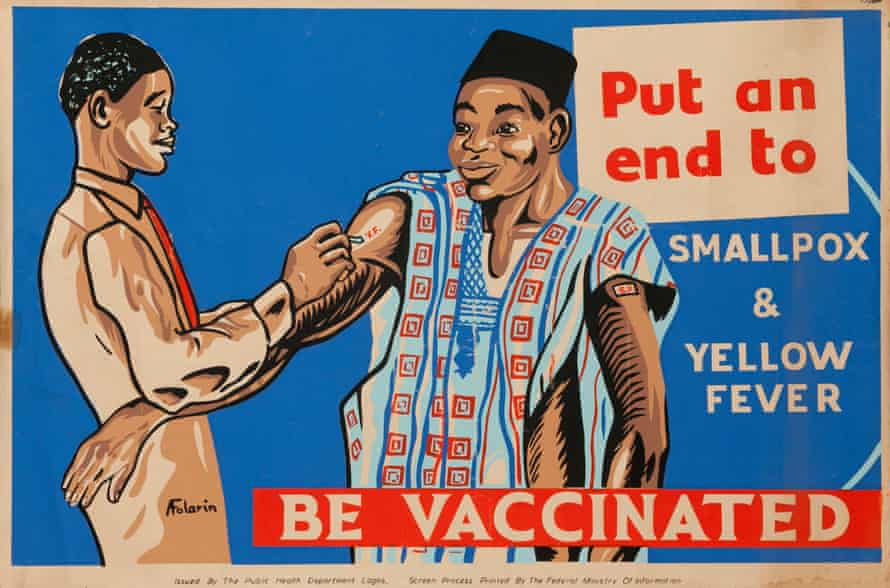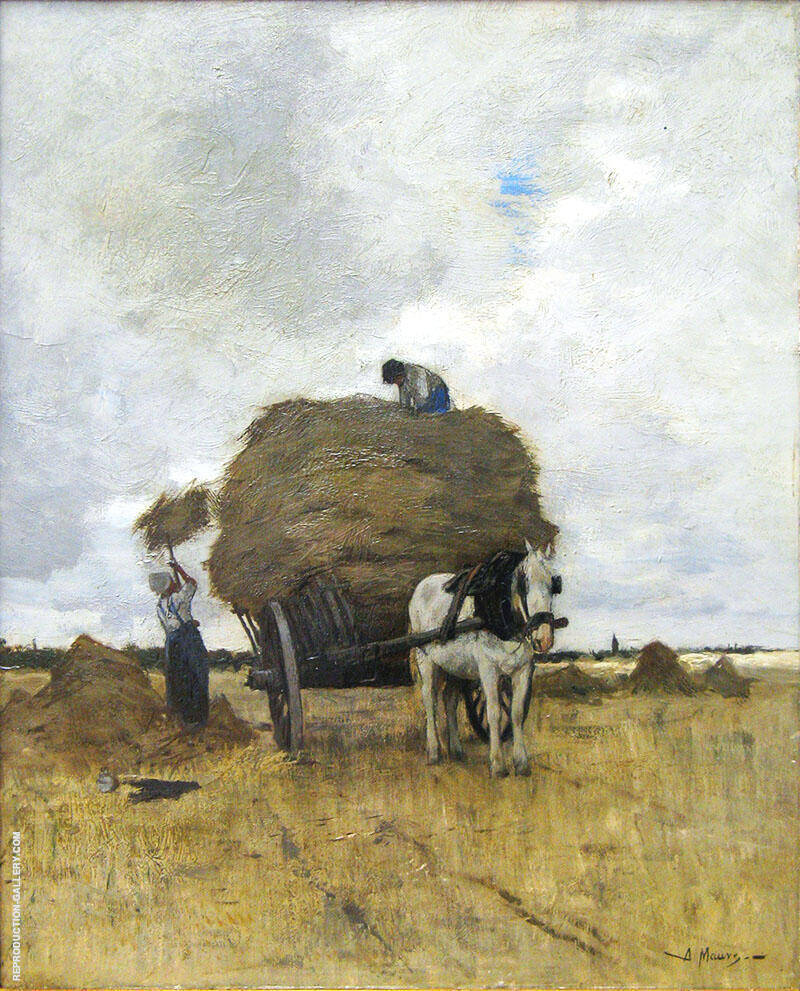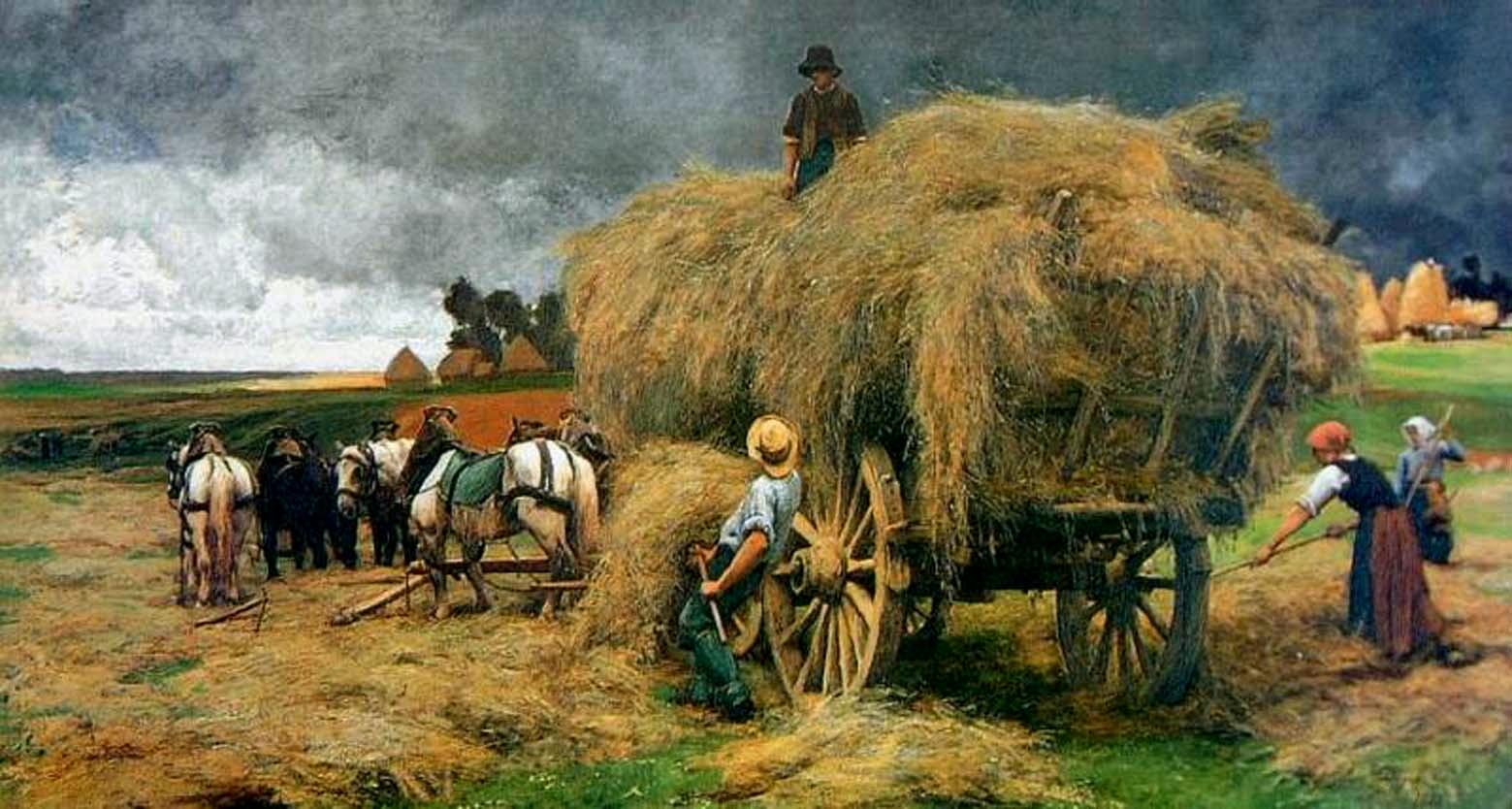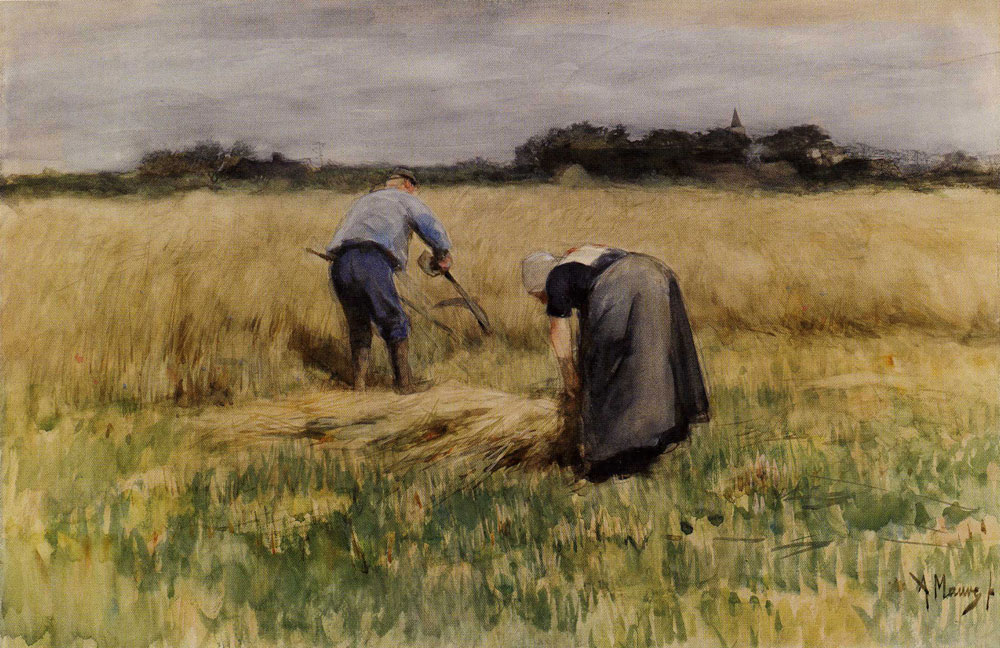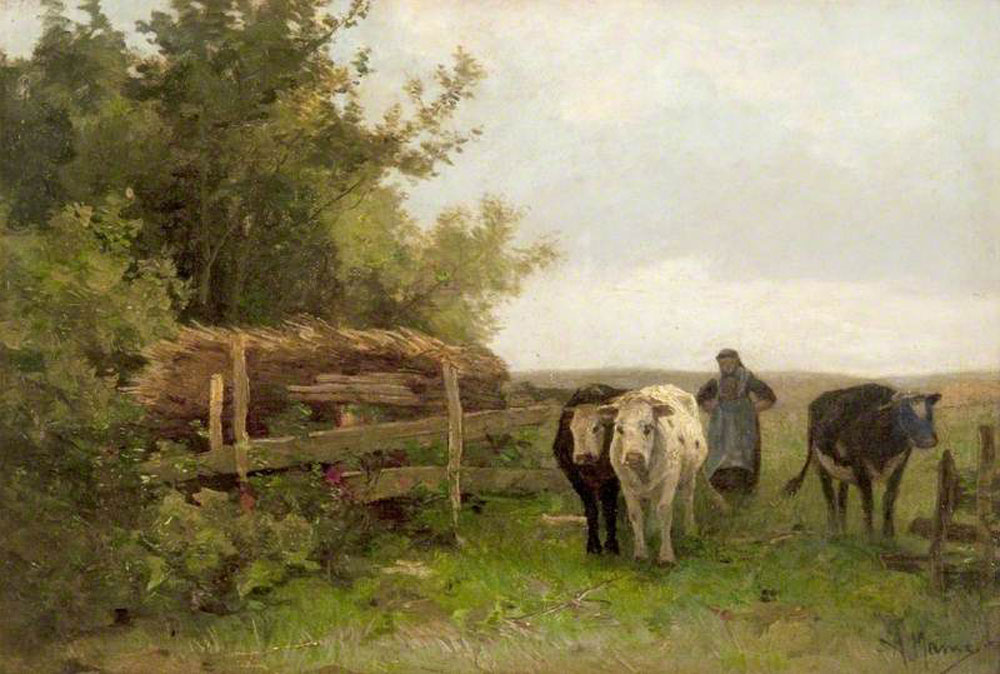|
You
can also view the message online
|
||||||||||||||||||||||||||||||||||||||||||||||||||
 Châtenay-Malabry (FR - 92290), 18 January, 2021 EFITA newsletter / 968 - European Federation for Information Technology in Agriculture, Food and the Environment Do not miss the Virus Jokes in English and French > Coronavirus 4 Coronavirus 3 Coronavirus 2 Ant joke Coronavirus 1 > Virus et autres sujets Virus 6 Virus 5 Virus 4 Virus 3 Virus 2 Virus 1 > Les dernières histoire de l'oncle Paul (Jamet) (mostly in French) > Les dernières histoires de Georges Larroque (mostly in French) > Les dernières histoires de Michel Gil-Antoli (mostly in French) > Les dernières histoires de Jean Pinon et Luc Becker (mostly in French) > Et encore... The informatique-agricole.org site now offers you the possibility of subscribing the RSS feeds of its two newsletters See RSS feeds to implement to ensure that you continue to receive this newsletter To unsubscribe this newsletter, please contact me directely: guy.waksman(a)laposte.net if this link Unsubscribe does not work. Please note that I changed the presentation of the links that are embedded in the name of the web service. 
To correspond with me (GW), please use this address: guy.waksman(a)laposte.net To subscribe the efita newsletter (please ask your friends and colleagues to test this link) Efita Newsletters subscription Weekly newsletters about ICT in Agriculture in English and French Both newsletters have around 14000 subscribers. >>> Last weekly EFITA Newsletters in English (created in 1999) Efita Newsletters >>> Last weekly AFIA Newsletters in French (created more than 20 years ago in 1997) Afia Newsletters >>> Statistics for the last efita newsletter >>> Last issue of the afia newsletter >>> Last available satistics for the afia newsletter Funny Skeletal System Formation See your Skelet Next month sees the 25th anniversary of a meeting in Brussels of the EUNITA project group which gave rise to the formation of EFITA The EFITA launch was on 29 February 1996 - a leap year - so strictly speaking it is only the 6th anniversary! You are deserving of a medal for your efforts in producing the EFITA Newsletter – shortly to publish its 1000th issue!! Very well done. Very best wishes to all for 2021. Contact: Ian HOUSEMAN E-mail: ian.houseman(a)btconnect.com Your attention please, read the next paragraph! Please write a few words to Ian whose health is not that good. I hope that Ian will fully recover very soon. He did a fantastic job to help ag informatics to make its first steps forward in Europe, with a sense of humour that makes life easier. With Val Reilly, Mick Harkin, and Ian Houseman, we never got bored! Sophism
Excess deaths since country or city’s first 50 Covid deaths (Last updated on January 6th, 17:43 UTC)
Heroes of Progress (1): Norman Borlaug See short video about Norman Borlaug See text about Norman Borlaug (2): Fritz Haber and Carl Bosch, The Inventors of the Haber-Bosch Process See short video about Fritz Haber and Carl Bosch See text about Fritz Haber and Carl Bosch (3): Edward Jenner, Pioneer of Smallpox Vaccination - the World's 1st vaccine See short video about Edward Jenner See text about Edward Jenner (4): Karl Landsteiner and Richard Lewisohn See short video about Karl Landsteiner and Richard Lewisohn See text about Karl Landsteiner and Richard Lewisohn (5): Jonas Salk, The Pioneer of the Polio Vaccine | See short video about Jonas Salk See text about Jonas Salk (6): Alexander Fleming, The Man who Discovered Penicillin See short video about Alexander Fleming See text about Alexander Fleming (7): Ronald Ross, The Man Who Discovered That Malaria Spreads via Mosquitoes See short video about Ronald Ross See text about Ronald Ross (8) William Wilberforce: The Man Who Helped to End Slavery Heroes of Progress | Ep. 8 See text about WilliamWilberforce Nothing is more responsible for the good old days than a bad memory: The Harvest by Anton Mauve How did we the future yesterday?? See the incredible collection developed by Alain Fraval If the news gets you down, why not try the ‘olds’ instead? History offers some encouragement for a world facing down a killer disease – plus all the week’s reasons to be hopeful. See theguardian.com
Lynk, el LinkedIn del trabajador informal que ha generado 25.000 oportunidades de empleo en Kenia El sector laboral no reglado representa el 82% en el país africano, hay muy pocas ofertas para él y las que se consiguen son por contactos o suerte. El éxito de la nueva aplicación es la interacción entre trabajadores y empleadores Ver elpais.com
Efita 2021 Conference 25 -26 May 2021 - Digital Agriculture Web Conference The European Federation for Information Technology in Agriculture, Food and the Environment (EFITA) would like to invite you at the first EFITA International online Conference in 2021. As a way to keep the momentum and engagement of our society, while maintaining the plans for the 2022 physical EFITA conference, this conference and its format are planned as a response to the unpredictable situation created by the COVID-19. This event is an opportunity to bring together engineers, scientists, technicians, aca-demics and industry people in a new way to exchange knowledge, ideas, to present innovations and to discuss the state-of-the-art and future use of ICT in the agri-food sector and bio-resources production sectors. See efita2021.com Contact: Dionysis BOCHTIS E-mail: d.bochtis(a)certh.gr China: Pinduoduo doubles sales of agricultural products in 2019 Pinduoduo cements its role as the leading online agriculture platform in China. E-commerce not only offers convenience to consumers, it also helps boost farming incomes by connecting producers directly with end-buyers. See pinduoduo-global.com Agtech CVC: Syngenta Ventures on ChemChina, business model innovation & ‘agri-fintech’, AFN, by Richard Martyn-Hemphill …/… I’d like to mention three specific ones, covering different markets and different elements of the innovation lifecycle. Firstly, I’m very excited about the prospect of agri-fintech in emerging markets and for smallholder farmers. I remember reading recently that 70% of the world’s food is actually produced by smallholder farmers. Smallholder farmers face well-known challenges around access to credit, which hinders them from using high-quality inputs, [which means] they have low productivity and low incomes. This further hinders their access to credit. Smallholder farmers are thus caught in a vicious circle of under-investment and low returns. Credit is one way of breaking that circle. With the rise of digital technologies and the analogous development of alternative lending models in other sectors, I think there is a lot of potential to use technology and business model innovation to solve a really, really big global problem. It is one of the reasons why we made our recent investment in Tarfin, which is an agri-fintech lending company with operations in Turkey. Our decision to invest was driven by the thesis that if you move lending for farmers away from the traditional model of “lend against collateral” to “lend against the ability to pay,” then it would drive significant value. The second is anything to do with robotics in agriculture. Agriculture has a well-known and intensifying crisis of labor availability, especially in segments like harvesting. Nobody wants to work in the low-paying jobs of manual picking, so we are seeing increasing challenges around the mobility of labor, pre- and post-Covid. I expect those challenges to [continue]; there will be a strong demand for robotics and further automation in farming operations. Granted, there are challenges around feasibility and the investment required, but I think the trend will accelerate. The third segment, which I am personally quite interested in, is the application of artificial intelligence (AI) and machine learning-driven techniques for the discovery and commercialization of materials. Look at Zymergen. There is this belief that you can automate a lot of the traditional trial-and-error processes that drove R&D using new AI techniques. We’ve seen those models being explored very strongly in pharma, and at some point, they will trickle down into agriculture as well. .../... See agfundernews.com Chinese precision ag platform Kebai secures $6m Series B funds from Auchan owners, AFN, by Jack Ellis Creadev, the investment firm of France’s Muillez family — which owns superstore chain Auchan and sports retailer Decathlon — is pumping up to $6 million into Chinese precision ag platform Kebai Sciences as part of its Series B funding round. .../... See agfundernews.com
Blockchain in agrifood: A great opportunity… disguised as a trend? AFN, by guest contributor: Filippo Renga Blockchain is portrayed as a great opportunity for the agrifood sector, able to guarantee transparency and immutability to data produced throughout the supply chain. As a result, it’s also said to be able to generate higher revenues thanks to a renewed confidence on the part of the end consumer, who can get to know every detail of the product he is buying. Many agricultural and agrifood companies are asking: Will it actually be like that? Or is blockchain technology just a fad? What are the benefits that may emerge? Is it really the remedy to solve all the critical problems that can occur during the traceability process? .../... In conclusion, blockchain is gradually becoming a very important technology for traceability, in the food industry and elsewhere. But it is still in its very early days as a tool for the sector. It is therefore important that agrifood companies do not to rush into implementing blockchain solutions without nurturing the right skills in their teams, in order to avoid the ‘trend effect’ with a consequent dispersion of resources that in many cases is inefficient. See agfundernews.com Nothing is more responsible for the good old days than a bad memory (?????): Houttransport door Anton Mauve (1838-1888) New innovations to spark agricultural revolution New innovations are popping up left, right, and centre. This could lead to a new agricultural revolution. Such a revolution, however, will only succeed when the individual puzzle pieces of the latest technologies interlock and can be scaled up. See futurefarming.com Your experienced assistant in precision farming FJDynamics auto-steering kit offers smart and efficient operations for wide range of farm machines. See futurefarming.com Agtech in practice: Practical answers on precision tech – Part 3 Refined data analysis is what Mark Brock identifies as the best opportunity to improve efficiency. See futurefarming.com Drones… Survey: Annotations and measurement are main drone tools DroneDeploy surveyed more than 600 drone users across more than 20 industries in over 40 countries. See futurefarming.com Field robot catalogue: World’s first robot catalogue with 35 propositions In our robot catalogue you will find 35 field and harvest robots that are available in 2021. See futurefarming.com AI: Making AI affordable University of Illinois institute is developing smaller scale, lower-cost autonomous farm technology. See futurefarming.com TIM: Lemken iQblue certified for Tractor Implement Management iQblue is a retrofitting kit for automatic implement control and was launched in 2019. See futurefarming.com Tech market: COVID-19 driving agriculture analytics market Global agriculture analytics market to grow from USD 0.8 billion in 2020 to USD 1.4 billion by 2025. See futurefarming.com Nothing is more responsible for the good old days than a bad memory: Harvest by Anton Mauve, Haags Gemeentemuseum, The Hague
Does the Brazilian soybean production increase pose a threat on the Amazon rainforest? (2019) The mission of Embrapa has a unique commitment, which is the technological development strongly linked to sustainable solutions. This vision has been a constant throughout its 46 years of existence, reflecting a position of the Government, a yearning of the society and a posture of the Brazilian farmers. Sustainability implies better agricultural practices, more environmentally friendly, with respect to the condition of the workers in agriculture, and that allow the adequate return to the farmer’s investments. This vision applies to all cultures, husbandry and regions where Embrapa operates. Nevertheless, due to the extension of the area currently occupied - about 36 million hectares - and to the perspectives of strong demand in the coming decades, soybean production is the most challenging, requiring increasing attention not only from Embrapa, but also from all public and private sectors, involved with Brazilian agriculture. At the United Nations Conference on Sustainable Development (Rio+20), held in Rio de Janeiro, Brazil (June 2012), Member States adopted the outcome document “The Future We Want”. As a result, it was decided, among other resolutions, to launch a process to develop a set of Sustainable Development Goals (SDGs) to build upon the Millennium Development Goals (MDGs) and to establish the UN High-Level Political Forum on Sustainable Development. Brazil is fully aware of its commitment to the UN’s 17 SDGs, reflected in public policies and attitudes aimed at eliminating illegal deforestation and drastically reducing greenhouse gas emissions. To do so, Brazil has the most severe forestry legislation in the world, imposing restrictions on land use change that have no parallel in other countries. For this reason, Brazil uses only 7.8% of its territory for agriculture, preserving almost nine times more area. Embrapa demonstrated that Brazilian growers preserve inside their properties, at their own costs and responsibilities, 25.6% of the Brazilian territory, which is far superior to most other countries. This publication has the specific objective of demonstrating that there is no risk of the Amazon forest being threatened by deforestation as a consequence to the need of expand soybean production in Brazil, either due to short-term circumstances - such as the tariff war between the United States of America and China - or by market factors as long-term demand. This is because all sectors involved with the soybean production chain in Brazil, public or private, have a clear agenda that foresees the sustainable advancement of soybean production in Brazil. This advance will occur primarily in anthropic areas, especially those currently occupied by pastures – liberated by the continuous improving of the zootechnical parameters -, and by the increase of soybean productivity. Definitively, Brazil will not admit illegal deforestation in any biome, for occupation by agricultural activities. José Renato Bouças Farias Head General, Embrapa Soybean See embrapa.br
Bill & Melinda Gates revealed as largest private farmland owners in the US, AFN, by Jack Ellis .../... Since Bill began stepping back from management duties at tech giant Microsoft in the early 2000s, the Gates’ have become known for their investments and philanthropic efforts focused on enabling sustainable development. Agrifood is one area where the couple have sought to put their substantial wealth to work. .../... See agfundernews.com The UK and EU are heading for bad-tempered rivalry, unless we can avert it, by Timothy Garton Ash .../... An excellent report written by trade expert David Henig for the advocacy group Best for Britain argues that the Johnson deal is only “a framework for future cooperation”. He goes on to identify a long list of areas where it would be in Britain’s longer-term economic interest to secure further agreements. Many of these, such as a finding of “equivalence” for Britain’s financial services, are in the unilateral gift of the EU – and some can be withdrawn at will, as the Swiss have found out. The asymmetry of power between the two sides is now more acute than ever. And all for what? If “sovereignty” means a state’s formal legal authority to make its own laws, adjudicated by its own courts, then the UK has gained some more sovereignty. If “sovereignty” means the effective power of a state to control its own destiny and advance its national interests, then the UK has lost sovereignty. .../... See theguardian.com El Muro de la Peste: confinar en el siglo XVIII (circa de Marsella en el sur de Francia) La pared, hoy restaurada, se construyó en 1721 para contener el avance de la plaga de Marsella. Ver elpais.com La nieve encerró una semana a Miguel Ángel con sus ovejas La borrasca atrapa a un ganadero de Bello (Teruel) en una explotación ovina. Ver elpais.com Cientos de miles de árboles dañados por el temporal en la Casa de Campo Los jardineros más veteranos del bosque urbano más grande de España aseguran que no han visto nunca nada parecido: siete de cada diez ejemplares están dañados de gravedad. Ver elpais.com Reducir la fatiga pandémica, de Pilar Jericó (y nadie sobre la fatiga gramatical española) Casi un año enfrentándonos al coronavirus pasa factura. El cansancio puede hacer que relajemos las medidas preventivas. Pero también hay remedio para ello. Ver elpais.com Decorations A family is at the dinner table. The son asks the father, “Dad, how many kinds of boobs are there?” The father, surprised, answers, “Well, son, a woman goes through three phases. In her 20s, a woman’s breasts are like melons, round and firm. In her 30s and 40s, they are like pears, still nice, hanging a bit. After 50, they are like onions.” “Onions?” the son asks. “Yes. You see them and they make you cry.” This infuriated his wife and daughter. The daughter asks, “Mom, how many different kinds of willies are there?”. The mother smiles and says, “Well, dear, a man goes through three phases also. In his 20s, his willy is like an oak tree, mighty and hard. In his 30s and 40s, it’s like a birch, flexible but reliable. After his 50s, it’s like a Christmas tree.” “A Christmas tree?” the daughter asks. “Ye, dead from the root up and the balls are just for decoration.” The distribution of this efita newsletter is sponsored by vitisphere.com Please, contribute to the content of your efita newsletter, and advertise your events, new publications, new products and new project in this newsletter. Without your support, it will not survive! Contact: Guy WAKSMAN E-mail: guy.waksman(a)laposte.net To read this newsletter on our web site See Afia The archives of this newsletter See Afia About the EFITA mailing list You can use the efita moderated list (> 15000 subscribers) to announce any event / product / web site / joke (!) related to IT in agriculture, environment, food industry and rural areas. If you want to subscribe a friend, please fill in his form. If you do not wish to receive our messages, please fill in the following form... |




